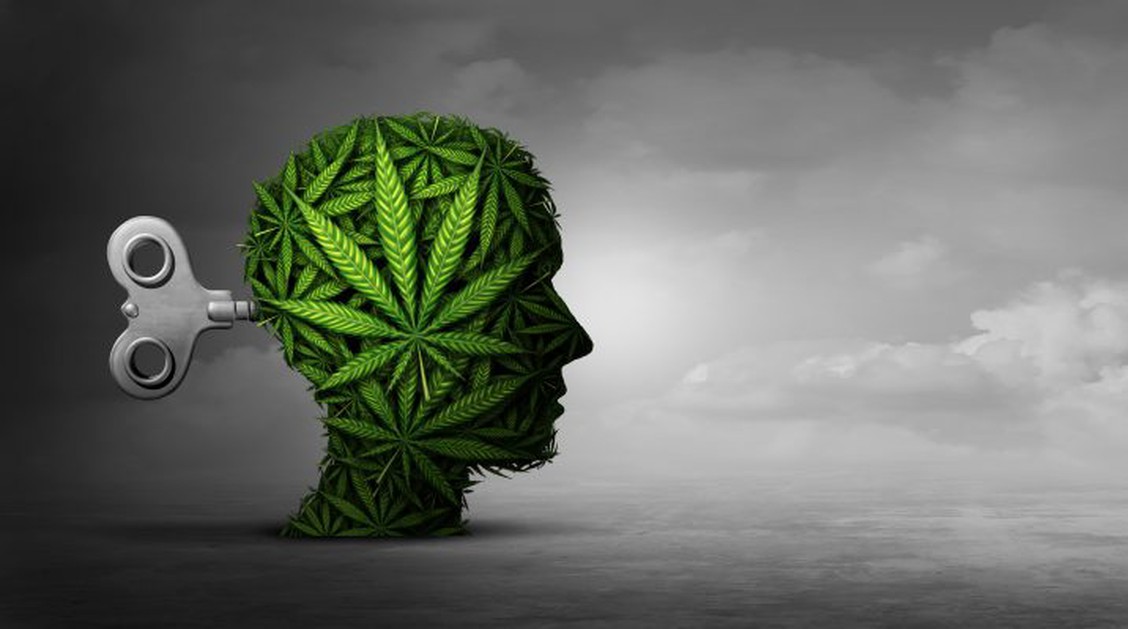You are here
Home 🌿 Medical Cannabis News 🌿 Researchers not yet ready to say whether or not cannabis affects brain development in young people with ADHD 🌿Researchers not yet ready to say whether or not cannabis affects brain development in young people with ADHD

U.S. researchers say there’s simply not enough information available yet to determine if using cannabis does or does not influence brain development or functioning in adolescents and young people with attention-deficit/hyperactivity disorder (ADHD).
That conclusion is part of a detailed new review published last week in the July/August issue of Harvard Review of Psychiatry.
“[T]he evidence to date does not clearly support either an addictive effect or an interaction — whether protective or harmful — with cannabis use,” write Dr. Philip Cawkwell of the Stanford University School of Medicine and his study colleagues.
Getting more confident about conclusions either one way or the other demands additional research “to clarify possible effects of cannabis on brain structure, function and behaviour in young people with ADHD,” according to Wolters Kluwer Health, which publishes the journal.
Trying to pin down the combined effects of cannabis use and ADHD in adolescence, investigators looked at 11 studies that assessed any type of neurodevelopmental outcome in the age group who did or did not use weed.
While “no study identified any additive or ADHD × cannabis use interaction on neuropsychological tasks of executive function,” notes the abstract, two “found adverse differential impacts of early-onset cannabis use in this population.”
Increased accessibility and legalization of cannabis in the U.S. is of concern given that “about one-fourth of teens with substance use disorder also have ADHD, while youth with ADHD are six times more likely to have drug or alcohol abuse,” notes the Wolters Kluwer press release.
Because both ADHD and cannabis use have been associated with cognitive impairments, it was suggested “youth with ADHD might be particularly vulnerable to effects of cannabis on cognitive function,” the statement adds.

Factors that demand additional exploration to get a clearer picture of cannabis use and ADHD in young people include differences in cannabis effects at earlier ages, the role of marijuana potency and frequency of use. / PHOTO BY ARTRANQ / ISTOCK / GETTY IMAGES PLUS
Researchers recommend considering with caution conclusions from the previous studies that were reviewed.
“The limited, potentially underpowered evidence does not support the hypothesis that cannabis use has a deleterious impact on neuropsychological tasks in transitional age youth with ADHD,” the abstract states. “Larger and longer-term studies are needed, however, to better inform clinicians and patients as to the impacts of cannabis use in youth with ADHD,” it adds.
“Surprisingly, as cannabis use demonstrates clear and consistent adverse effects on cognition as measured by neuropsychological task performance, no study identified a significant differential impact of cannabis use on these measures for individuals with ADHD compared to non-users,” the statement quotes study authors as saying.
Factors that demand additional exploration to get a clearer picture of cannabis use and ADHD in young people include differences in cannabis effects at earlier ages, the role of marijuana potency and frequency of use.
The goal is to get answers to as-yet unanswered questions, “including understanding whether cannabis does truly alter neural circuitry in youth with ADHD, how this impacts task performance and, perhaps most critically, the longer-term functional outcomes for adolescents with ADHD who also use cannabis,” the authors note in the statement.
420 Intel is Your Source for Marijuana News
420 Intel Canada is your leading news source for the Canadian cannabis industry. Get the latest updates on Canadian cannabis stocks and developments on how Canada continues to be a major player in the worldwide recreational and medical cannabis industry.
420 Intel Canada is the Canadian Industry news outlet that will keep you updated on how these Canadian developments in recreational and medical marijuana will impact the country and the world. Our commitment is to bring you the most important cannabis news stories from across Canada every day of the week.
Marijuana industry news is a constant endeavor with new developments each day. For marijuana news across the True North, 420 Intel Canada promises to bring you quality, Canadian, cannabis industry news.
You can get 420 Intel news delivered directly to your inbox by signing up for our daily marijuana news, ensuring you’re always kept up to date on the ever-changing cannabis industry. To stay even better informed about marijuana legalization news follow us on Twitter, Facebook and LinkedIn.




